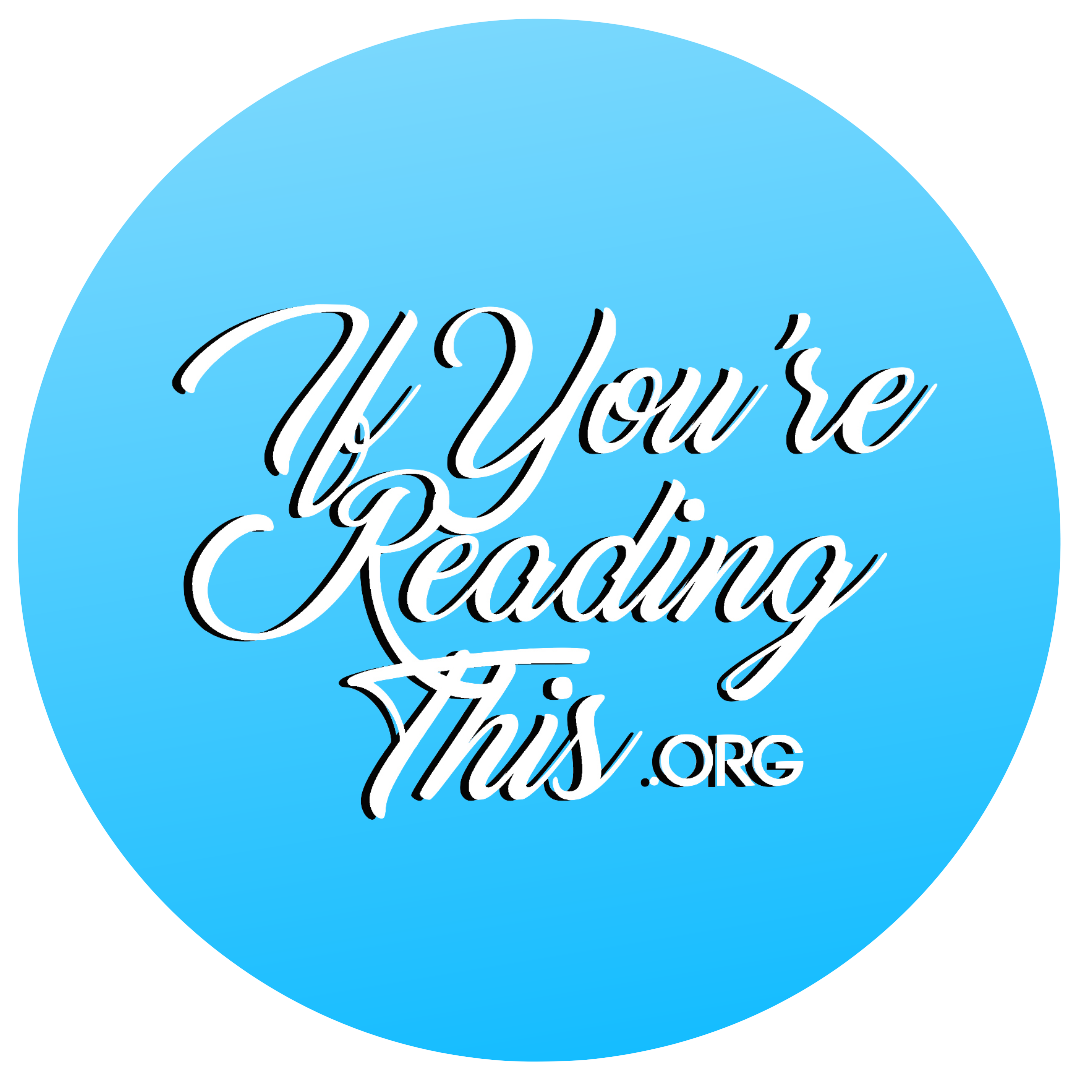Peer Health Educators X IfYoureReadingThis.org
If you're reading this, it's okay to not be okay.
As a first generation American, I am very familiar with the typical pressures that come with being the child of immigrants. Asian culture values academic performance and competitive ability to the point where one's worth is determined by grades, awards, and career prospects. I was always reminded that my parents made extreme sacrifices to bring me to America, making it my responsibility to give back to them. Growing up, I knew that the expectations for me were high. In elementary and middle school, meeting those expectations came naturally. Unfortunately, things did not remain that way.
When I got to high school, my performance became less based on my natural ability and more so on my work ethic. I soon realized that my motivation to do well was no longer because of an innate drive, but instead because I didn't want to disappoint my parents. Any small mistake led to arguments, which then led me to question my intelligence and feel worthless. I fell into bouts of extreme depression, and anxiety became a part of my default state. Overall, I had become reserved, insecure, and willing to give up at any moment.
At the same time, however, I knew that a display of my insecurities was not okay in Bengali culture. Mental health is never spoken about, let alone treated. The cultural stigma around mental illness made me extremely skilled in maintaining a facade of coherence and balance. In reality, I was suffering on a daily basis. It wasn't until I was hospitalized that the people closest to me began to take notice. Still, I felt ashamed and hid my experience from whoever I could.
I continued this all through high school and partially into college. It was during my first year that I became aware of how prevalent these issues are. Many of my closest friends from high school had similar experiences. Talking to them made me understand the importance of opening up, and more importantly, that it’s okay to not always be okay.
Two years have passed since then, and I am still dealing with mental health issues regularly. My expectations for myself are still high and my cultural background still plays a major role in my life. I still want to make my parents proud of me and my accomplishments. The difference is that I am now more open about my struggles. I know not to let my shortcomings define me; instead, I treat them as learning experiences and conduits for growth. Making my mental and physical well-being a priority has also helped me to regain that intrinsic motivation to work hard and do well.
A quote that resonates with me is: "Even if there are failures, it brings experience. Experience is what you get when you didn't get what you wanted. And experience is often the most valuable thing you have to offer." This was said by Randy Pausch (a former UVA professor) in his last lecture. So if you’re reading this, it’s okay to fail. It’s okay to feel negative emotions. It’s okay to not be okay. These things do not define you, and in the end they will only make you stronger. I know because I am going through this with you.
What's not okay is suffering alone. Please reach out - to me, to a friend, to a resource on grounds, to anyone. There are people who will help you, and it will get better.
Aazrin M., University of Virginia ‘20
This post is a part of a collaboration installment between IfYoureReadingThis.org and Peer Health Educators.
Our two organizations share the joint mission of creating a happier and healthier student body, and we encourage you to explore their resources and programs.
Peer Health Educators (PHEs) are a group of roughly 45 UVA students who are trained to educate their classmates about college health and wellness issues in a positive, interactive, fun, and nonjudgmental manner. Comprehensive training through a three-credit course prepares the PHEs to provide confidential patient education sessions; facilitate dynamic outreach programs; encourage physical, mental, and spiritual health; create informative awareness events; and promote community support to create a healthy culture. PHEs are trained to educate on mental wellness, nutrition, alcohol safety, and sexual health.
If you would like to request an outreach from the PHEs, go to tinyurl.com/requestanoutreach and fill out the form. If you would like to talk to a PHE in a one-on-one patient education session about any and all of the above-listed topics, either book a patient education online through healthyhoos.com or walk to the lower level of Student Health.
If you would like to learn more about the PHE program or would like to apply to become one, go to our tab in the student health website under “health and wellness” > “peer education”.


